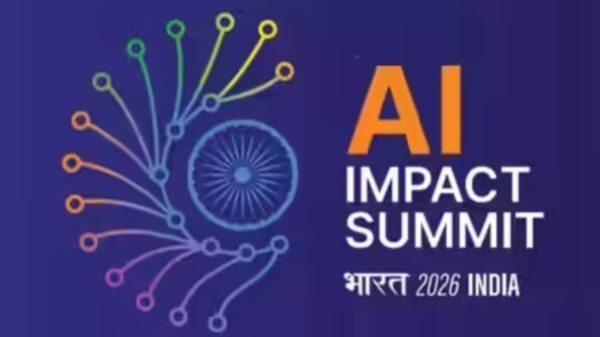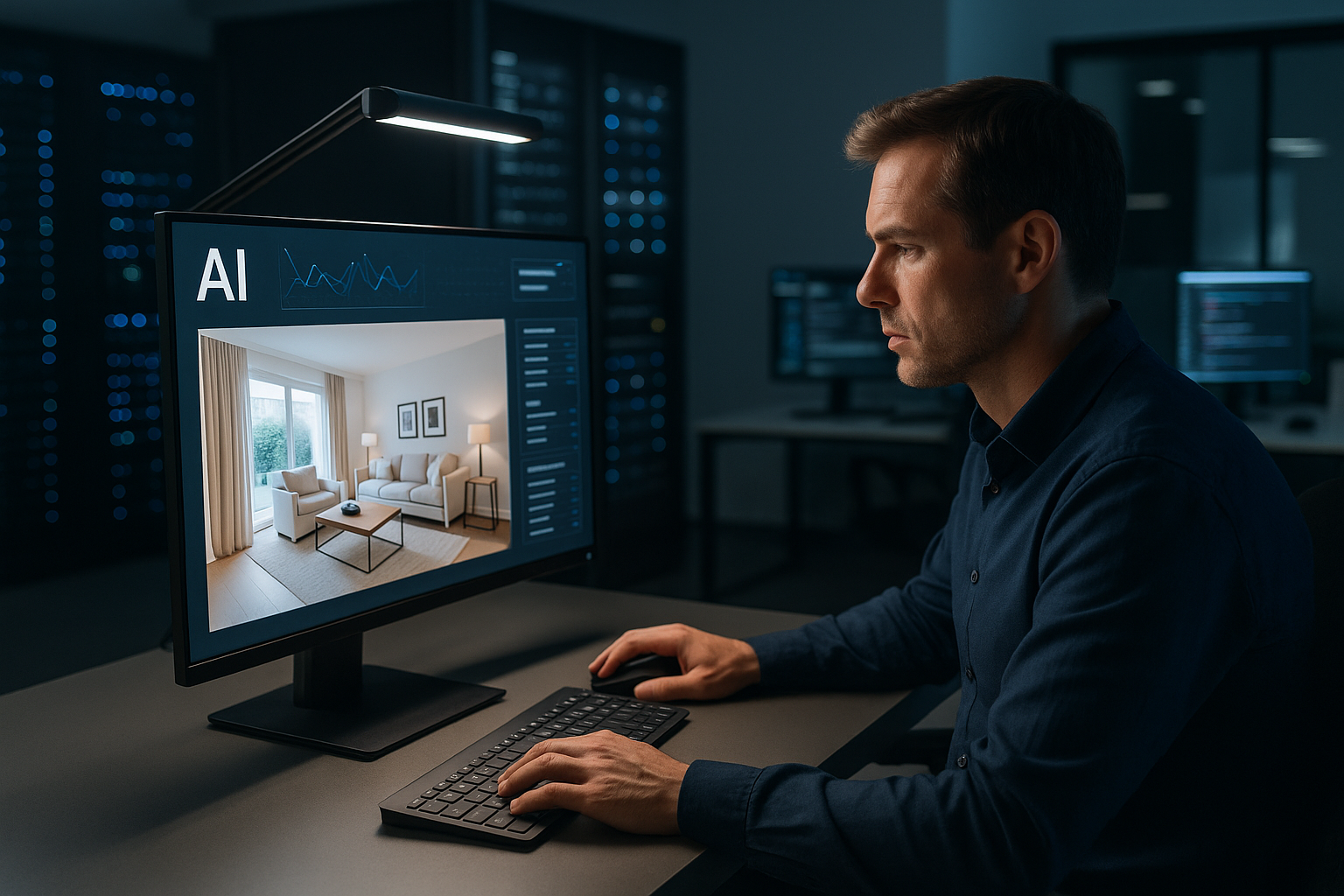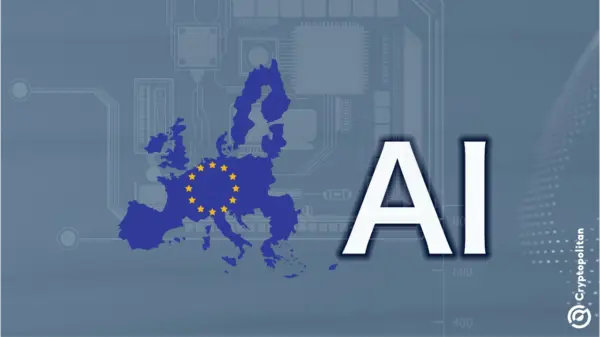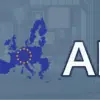The real estate market in Europe, particularly in Spain, is currently navigating a pivotal moment. Despite sustained demand for properties, real estate professionals are under increasing pressure to produce marketing content that is both faster and more engaging, all while keeping budget constraints in mind.
The Challenges of Traditional Real Estate Marketing
For numerous Spanish real estate agencies, traditional marketing processes are both expensive and time-consuming. High-quality photography, aerial drone footage, and elaborate virtual tours necessitate coordination, specialized equipment, and skilled editors—all of which can significantly diminish profit margins.
Furthermore, property listings often appear homogeneous across major platforms like Idealista and Fotocasa. Static images and basic descriptions fail to convey a property’s unique atmosphere, which can hinder potential buyers—especially those from international markets—from emotionally connecting with the space prior to a visit.
This challenge is particularly pronounced for smaller agencies, which seek affordable and scalable marketing solutions that help their listings stand out without overspending.
AI’s Transformative Role in Real Estate Marketing
This is where Artificial Intelligence is poised to revolutionize the landscape. AI tools have evolved to perform tasks that once required entire production teams, such as creating property videos, drafting listing descriptions, and generating social media content in a matter of minutes.
Reports from MAXSPAIN.com indicate that AI is already being integrated into various facets of the Spanish real estate industry, including automated client communication and predictive analytics for property pricing. A particularly promising application highlighted in their research is the use of AI-generated home tour videos.
These advanced tools enable agents to convert basic property photos and descriptions into dynamic, narrated video tours that offer an immersive showcase of homes. This quick transformation process not only slashes production time and costs but also allows for localization into multiple languages, making them ideal for Spain’s diverse international buyer demographic.
Cost Efficiency: AI vs. Traditional Video Production
Traditional video production can quickly become unsustainable for agencies managing multiple listings. At a conservative cost of €400 per video, producing just 10 property tours would amount to around €4,000, alongside several weeks of work.
In contrast, AI-driven home tour videos can be produced for approximately €90–€150 each. Consequently, marketing the same 10 properties could cost under €1,000, resulting in an instant savings of 70–80%.
Beyond just cost, the speed and multilingual capabilities of AI tools offer agents a distinct competitive edge, particularly in Spain’s international property market.
AI-generated videos can include virtual presenters guiding viewers through rooms, dynamic camera movements, and cinematic transitions. They can even replicate realistic lighting and depth effects from still photos. The end product is a professional-grade video, appearing filmed rather than generated, but at a fraction of the cost.
While traditional production methods still provide unmatched realism for luxury listings, AI-powered tours are rapidly closing that gap. For most agencies, particularly those focused on mid-range or multiple properties, AI videos present the best balance of quality, cost-effectiveness, and scalability.
The Future of Real Estate Marketing with AI
As AI technology continues to mature, real estate professionals who adopt these innovations will experience enhanced visibility, faster turnaround times, and significantly lower marketing expenses—all while delivering a modern and engaging experience to buyers.
Imagine the scenario where agents can upload a few property images and receive a professionally narrated, smoothly edited video ready for distribution on social media or listing sites. This efficiency is not just about cost savings; it also fosters trust. Buyers can gain a realistic sense of space, layout, and style before scheduling a visit, leading to more qualified leads and ultimately a quicker sales process.
Looking ahead, it’s evident that AI is not set to replace real estate agents; instead, it is here to empower them. By automating repetitive and costly marketing tasks, agents can dedicate more time to what truly matters: building connections with clients and closing deals.
In Spain’s fiercely competitive and increasingly digital property market, adopting AI is not merely an option; it’s a strategic necessity. As detailed in the reports from MAXSPAIN.com, those who embrace these technologies early will reap the benefits of reduced costs and improved marketing effectiveness, capturing the attention of potential buyers in a crowded marketplace.
 Publishers Embrace AI Marketing Strategies to Combat Content Saturation at Frankfurt Book Fair
Publishers Embrace AI Marketing Strategies to Combat Content Saturation at Frankfurt Book Fair Gen Alpha Embraces AI, Shifting Aspirations and Brand Narratives in 2024
Gen Alpha Embraces AI, Shifting Aspirations and Brand Narratives in 2024 AI-Powered Ads Transform Marketing Strategies, Sparking Debate on Ethics and Effectiveness
AI-Powered Ads Transform Marketing Strategies, Sparking Debate on Ethics and Effectiveness AI Market Faces ‘Bubble’ Debate as Vista Equity’s Smith Highlights Infrastructure Constraints
AI Market Faces ‘Bubble’ Debate as Vista Equity’s Smith Highlights Infrastructure Constraints MoxiWorks Launches RISE, AI Marketing Platform to Enhance Real Estate Agent Engagement
MoxiWorks Launches RISE, AI Marketing Platform to Enhance Real Estate Agent Engagement







































































